“I promised myself that I would never make wine here.” Matt Ridgway clarified in his perky British accent. Yet there we were, sipping wine out of a dusty little bottle- a sample from the first barrel he ever produced. The foreigner had purchased a bit of land in Santa Ana, Chile, and despite his best efforts not to, planted some vines.
Just thirty minutes east of Matt you’ll find all the big names in Chilean wine. These are the mega-wineries that pump out tons and tons of juice, own thousands of vineyards and make whole ranges. Chile has only been in the international market for twenty years or so, but the average winery owns vast swaths of land, like thousands of hectares.
[pullquote align=”right” cite=”” link=”” color=”#0396ec” class=”” size=””]Today, there are 20 members of MOVI from all different walks of life: lawyers, ex-miners, doctors and even an Italian Count. The movement is growing.[/pullquote]That’s because Chile’s friendly climate makes producing “correct” wines at bargain prices very easy. Big corporations have certainly taken advantage of this and set up shop throughout the country. Some of the wines made by these “big boys” are excellent, but more often than not, they’re value driven and lacking in character. The little town of Santa Ana (where there are six boutique wineries located within one mile of each other) represents a very different, emerging group of winemakers in Chile.
The largest piece of owned land in Santa Ana is just 20 hectares. The town feels more like France or Italy than Chile. It’s where the little guys, with small batches of soulful wines, are creeping out from under the shadows of the big boys. Santa Ana isn’t alone, mad little producers are popping up everywhere, but Chile’s underground winemaking scene has been years in the making.
“Around 12 years ago, Luiz Allegretti and his partner Roberto Ibarra bought an old ‘fundo,’ a crumbling Colonial mansion, and set about renovating it.” Ridgway explains.
“At the same time, they started inviting friends to buy land in the same neighbourhood, and at this point there are now 12 of us. We’ve got the Malaysians, Spaniards, Bolivians, Americans, Colombians, Portuguese, English (me) and Chileans as well.”
Communities of discerning winemakers like the one in Santa Ana didn’t all pop up magically, though. Those trying to do something different in Chile had help from a group of ‘garagistas’ known as MOVI (the Movement of Independent Vintners). Originally, this coalition of 12 producers was formed for practical reasons. Small-scale winemakers needed to create a buying group in order to purchase materials. Quickly, their communal passion sparked a desire to change the way people think about Chilean wine.
The wines that MOVI helped bring into the spotlight all contradict the antiquated notion that Chilean wine lacks personality. Alongside other tiny and passionate groups like VIGNO (a coalition that champions old-vine, dry-farmed Carignan), these winemakers have chipped away at the stereotypes that plagued Chilean wine. Today, there are 20 members of MOVI from all different walks of life: lawyers, ex-miners, doctors and even an Italian Count. The movement is growing.
It had been three years since I first went to Chile. On that trip, I visited the big boys. On my return trip I visited them once again. The Chilean wine industry would not exist without the giants, and to their credit, they put Chile on the map. However, the future does not lie with these powerful corporations.
We’ve all seen that Chile can make wine, and make it well. The Underground winemakers of Santa Ana, MOVI, VIGNO and other assorted misfits are letting the world know they can make it extra special. The giants pump out decent juice, but it rarely speaks of origin. The little guys are the ones to watch out for. They’re the brave souls doing something new: making wines that are unmistakably Chilean.

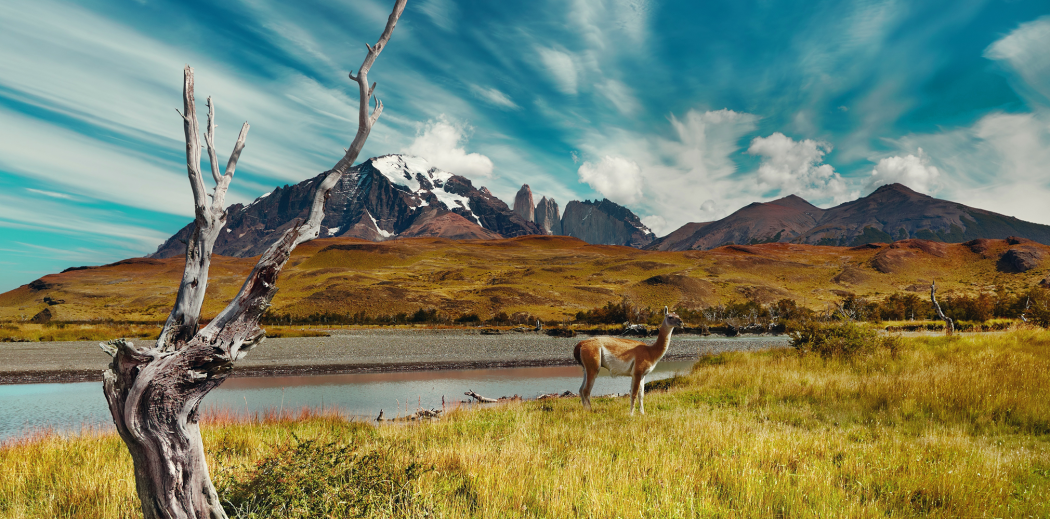
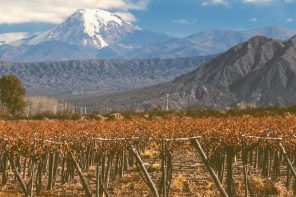
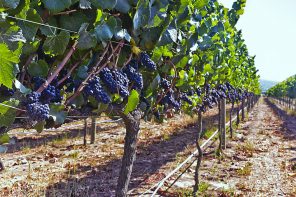
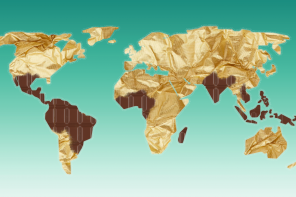
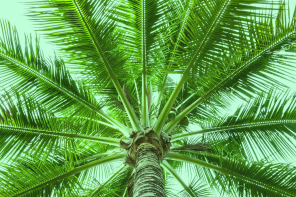
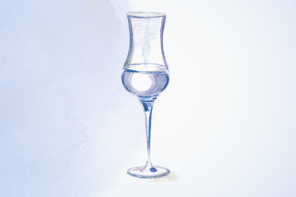
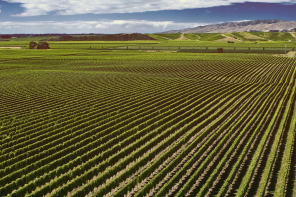
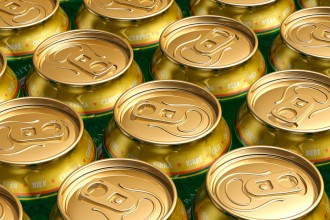
Driving through one of Chile’s great wine areas, Casablanca, we had the great pleasure to visit with David Giacomini owner and winemaker of La Recova Winery. David left the corporate world where he was an engineer, bought 5 acres, built a home and winery, and handles everything himself. David is part of ‘New Chile’, a movement of independent winemakers who are trying to expand the boundaries, experiment, create, and get as far away as possible from industrial-scale winemaking. We had a marvelous visit and enjoyed learning about David’s wines and relaxing in this peaceful place. We truly enjoyed his signature Sauvignon Blanc (amazingly complex) and also liked his experimental Pale Red Sauvignon Blanc. He is working on a couple of other future wines that given his passion and commitment to wine will surely be terrific. I even got to cork and label a bottle which David signed and gave us. We also were treated to locally made breads, cheeses, jams and honey while tasting our wine. For those going to or from the port of Valisparsio and Santiago, Casablanca is just off the main highway you must travel. It is worth taking the time to visit here.